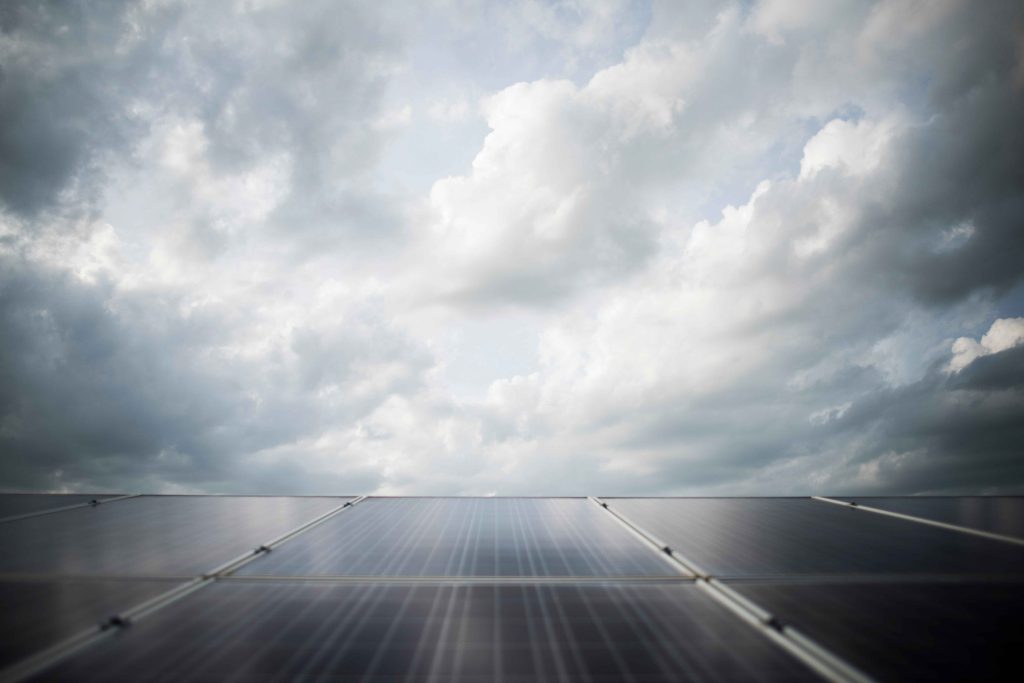In recent years, the push for renewable energy has put solar power at the forefront of the conversation. Many homeowners and businesses are investing in solar panels to reduce their carbon footprint and energy costs. One common concern, however, is the efficiency of solar panels in less-than-ideal weather conditions. A frequently asked question is, “How do solar panels work in cloudy weather?” The answer might surprise you.
Understanding Solar Panel Technology
To understand how solar panels operate in cloudy weather, it’s essential to first grasp how they work. Solar panels are made up of many photovoltaic (PV) cells. These cells are responsible for converting sunlight into electricity. When sunlight hits the PV cells, it excites electrons in the cell, creating an electric current. This current is then harnessed and converted into usable electricity for homes and businesses.
The Myth of Direct Sunlight
A common misconception is that solar panels require direct sunlight to function. While it’s true that they operate most efficiently under direct sunlight, they can still generate electricity on cloudy days. PV cells can capture various wavelengths of light, including infrared and ultraviolet rays, which penetrate clouds more effectively than visible light. This means that even on overcast days, solar panels continue to work, albeit at a reduced capacity.
Efficiency in Cloudy Conditions
The efficiency of solar panels in cloudy weather depends on several factors, including the density of the clouds and the quality of the panels themselves. On average, solar panels can produce about 10-25% of their typical output on a cloudy day. This reduction might seem significant, but it’s worth noting that solar panels are designed to be more efficient than ever, with some modern panels being able to capture diffuse light very effectively.
Technological Advances
Advancements in solar technology have improved the performance of solar panels in low-light conditions. Bifacial solar panels, for example, can capture light on both sides, making them more effective in cloudy weather. Similarly, panels with high-efficiency photovoltaic cells, such as those made from monocrystalline silicon, tend to perform better in diffuse light conditions.
Geographic Considerations
Geography plays a crucial role in the performance of solar panels in cloudy weather. Regions that frequently experience overcast skies, such as the Pacific Northwest in the United States or parts of Northern Europe, have seen widespread adoption of solar energy despite their weather. Countries like Germany, which is not known for its sunny climate, are leaders in solar energy adoption, proving that solar power is viable even in less sunny regions.
Energy Storage Solutions
One way to mitigate the reduced efficiency of solar panels in cloudy weather is through energy storage systems. Battery storage allows excess energy produced on sunny days to be stored and used during cloudy periods. This ensures a consistent power supply regardless of weather conditions. Advances in battery technology have made these systems more affordable and efficient, making them a practical solution for many solar energy users.
Economic and Environmental Benefits
Despite the challenges of cloudy weather, the economic and environmental benefits of solar panels remain substantial. Solar power reduces reliance on fossil fuels, decreases greenhouse gas emissions, and can significantly lower energy bills. Even with reduced efficiency on cloudy days, the long-term savings and positive environmental impact make solar panels a worthwhile investment.
Conclusion
In conclusion, while solar panels operate most efficiently under direct sunlight, they are still capable of generating electricity on cloudy days. Modern advancements in solar technology, coupled with energy storage solutions, ensure that solar power remains a viable and effective source of renewable energy even in regions with frequent overcast weather. The myth that solar panels are ineffective in cloudy conditions is just that—a myth. Embracing solar energy, regardless of weather patterns, is a step towards a more sustainable and energy-efficient future.
Whether you live in sunny California or rainy Seattle, solar panels can be a valuable addition to your home or business. The key is understanding how they work and leveraging the latest technologies to maximize their potential. So, don’t let a few clouds deter you from going solar. The benefits far outweigh the occasional cloudy day.





